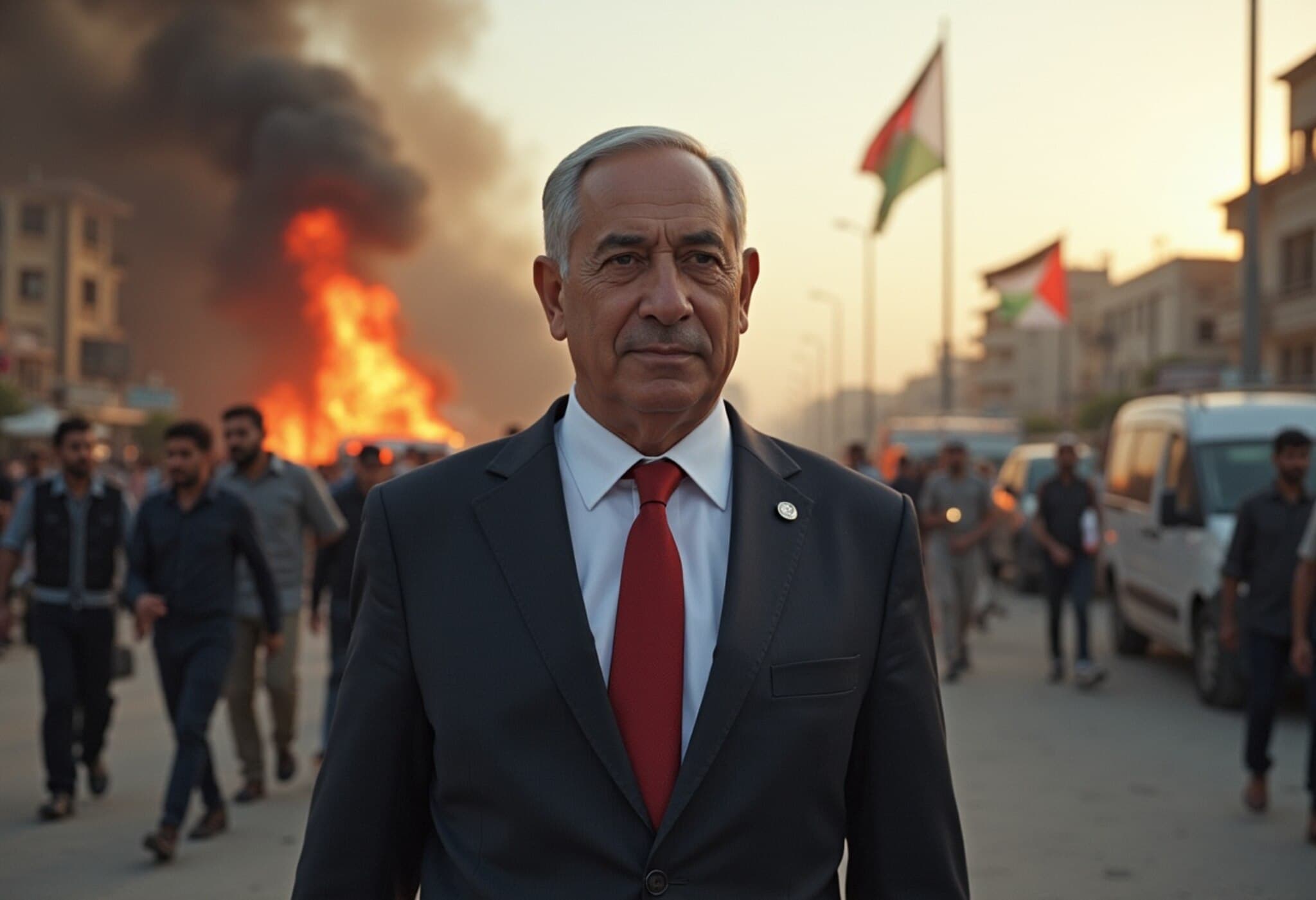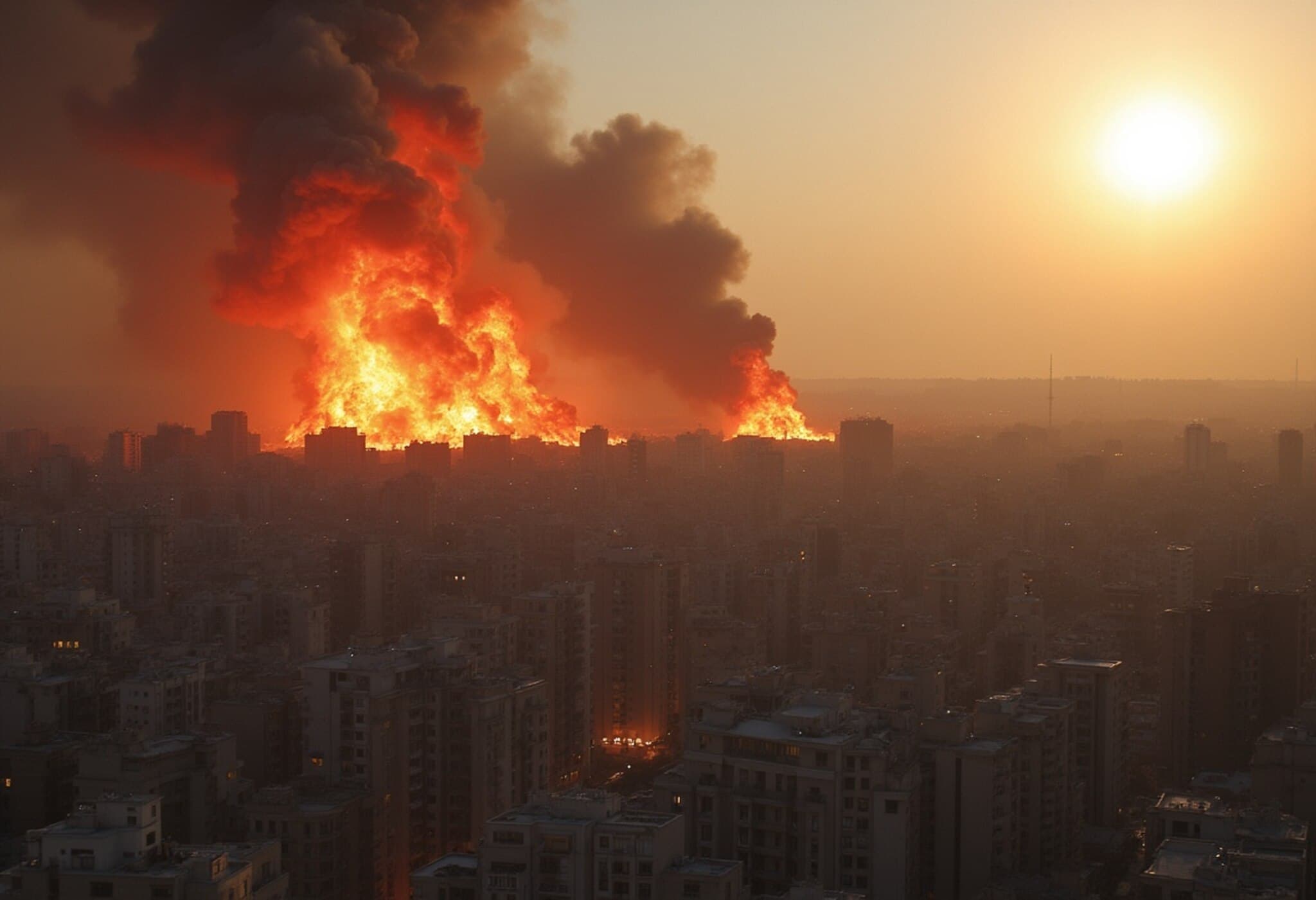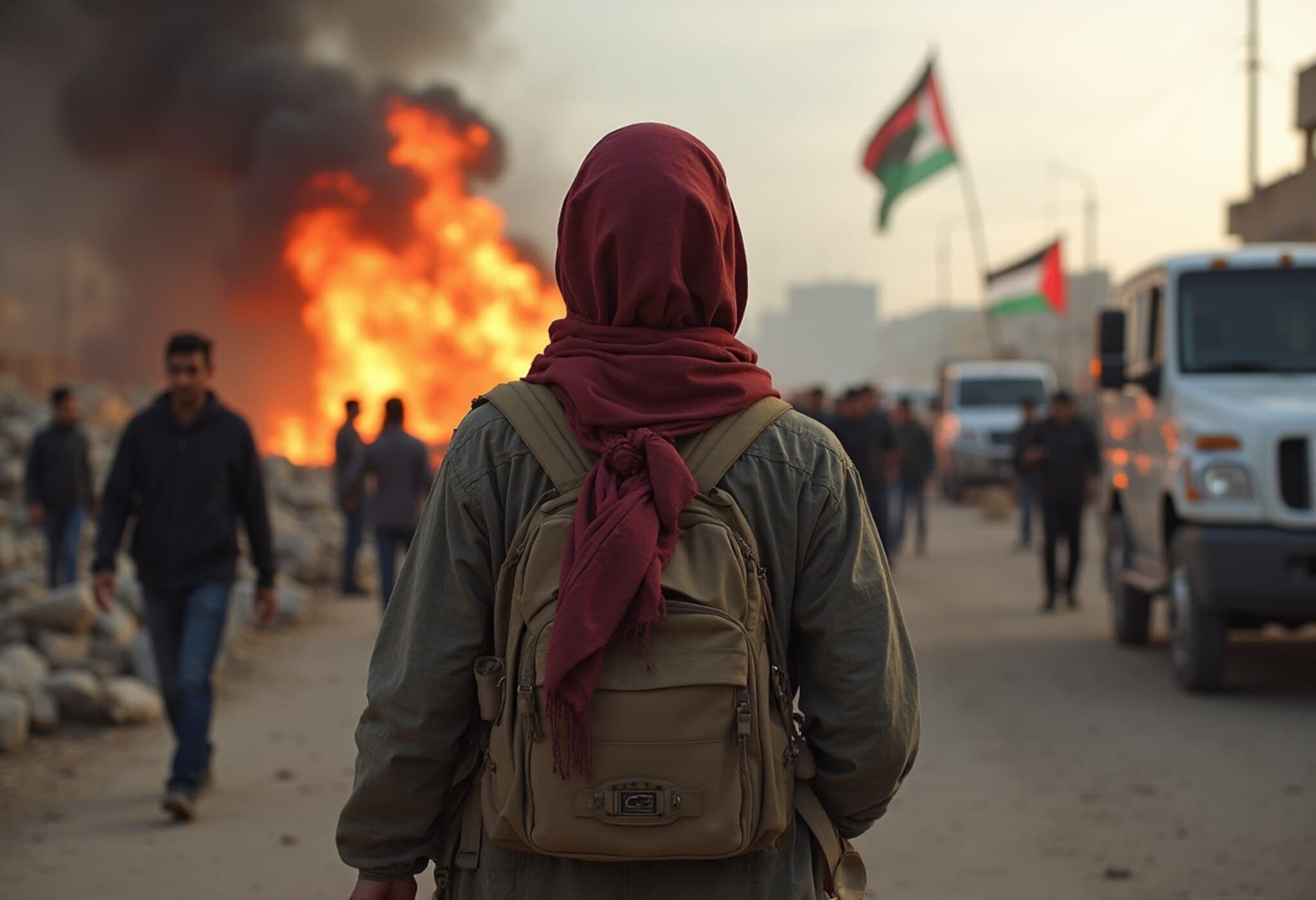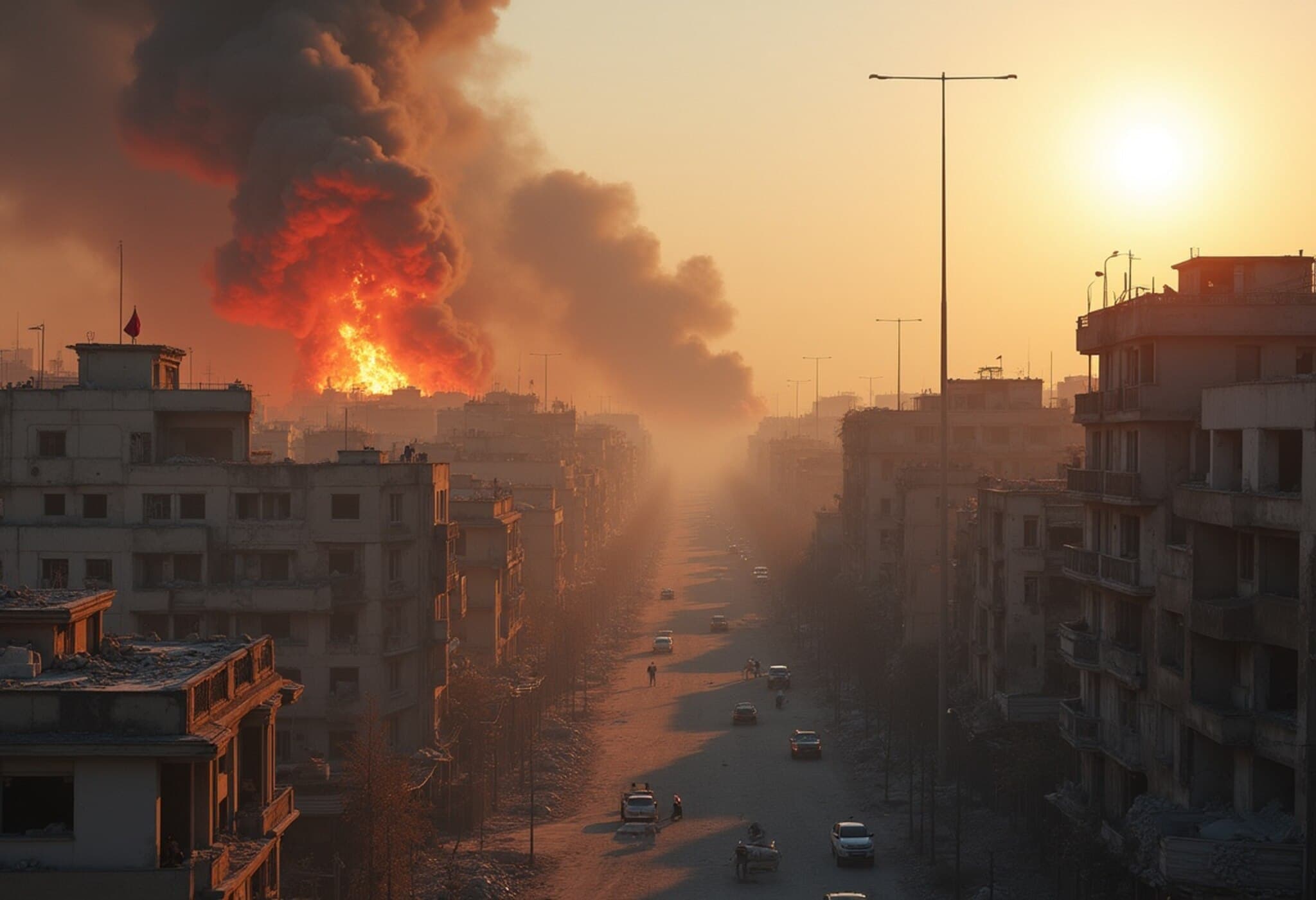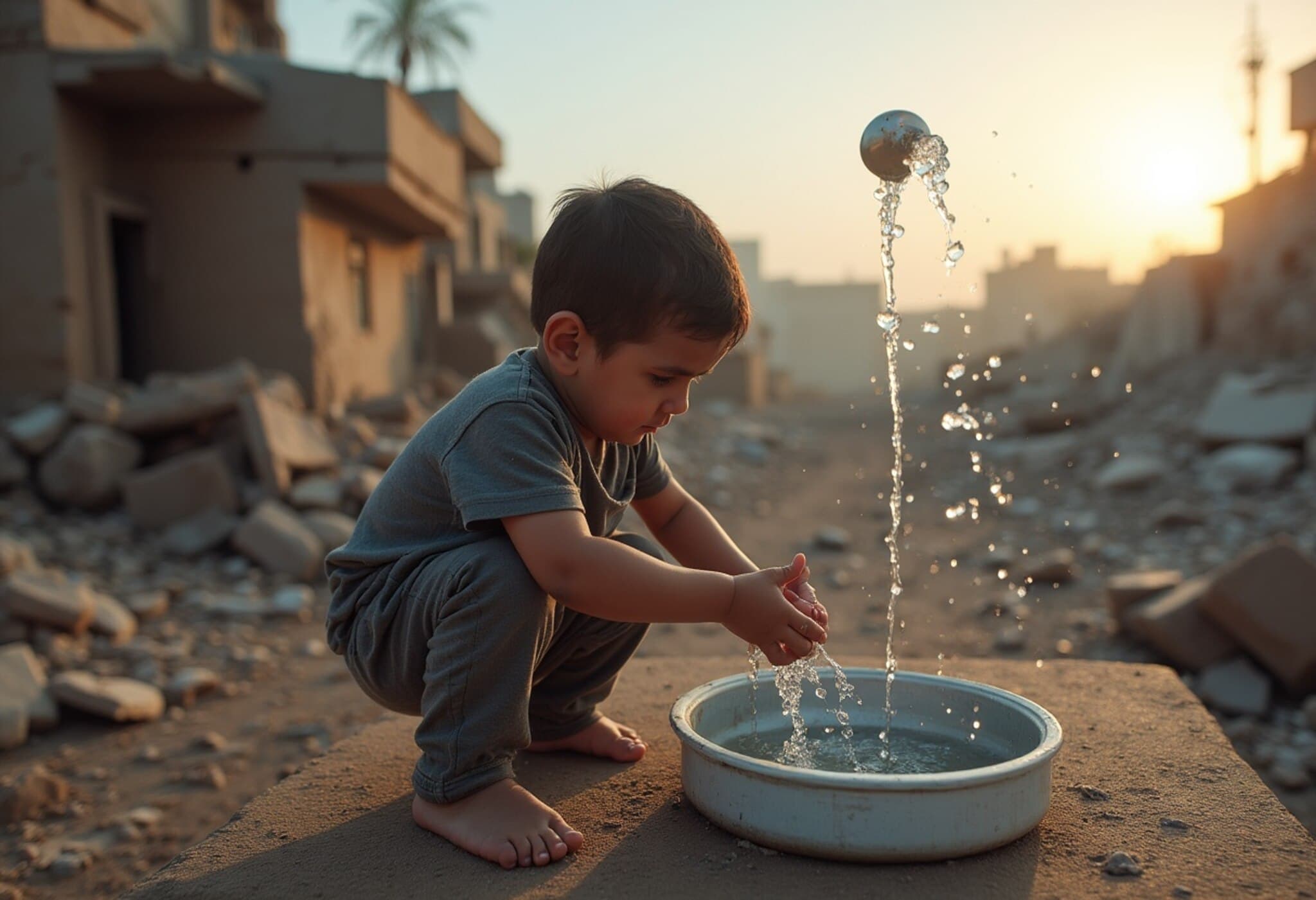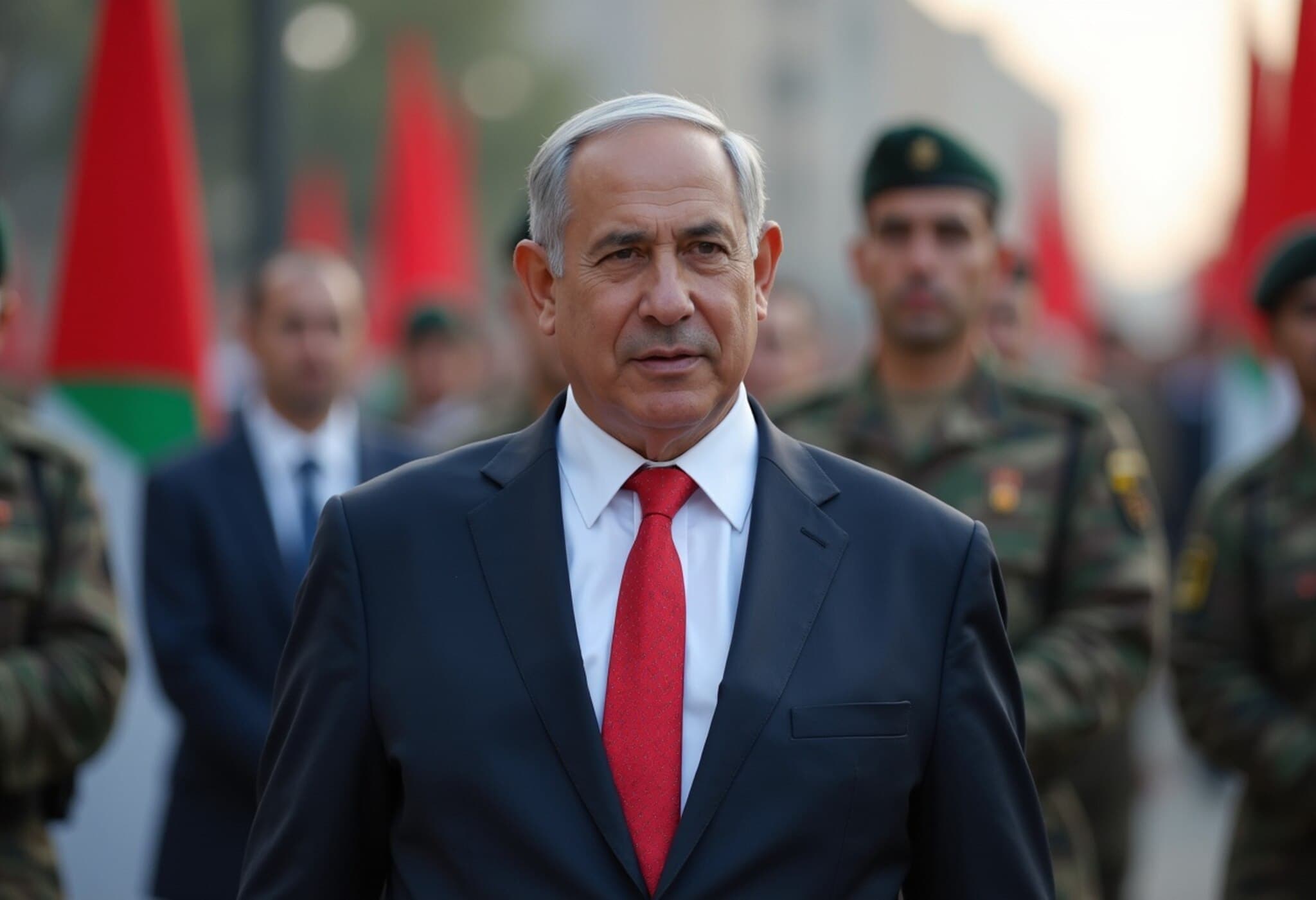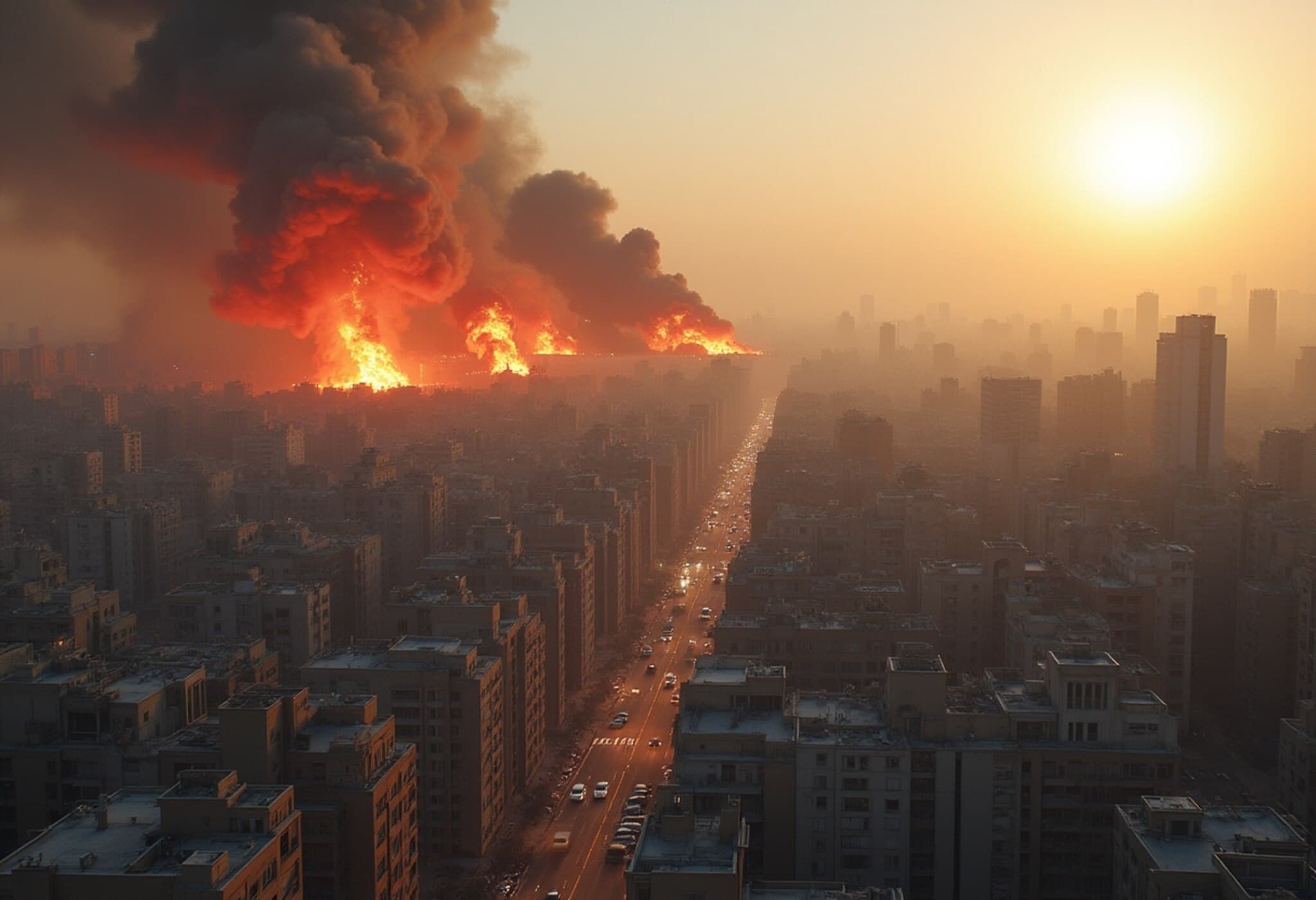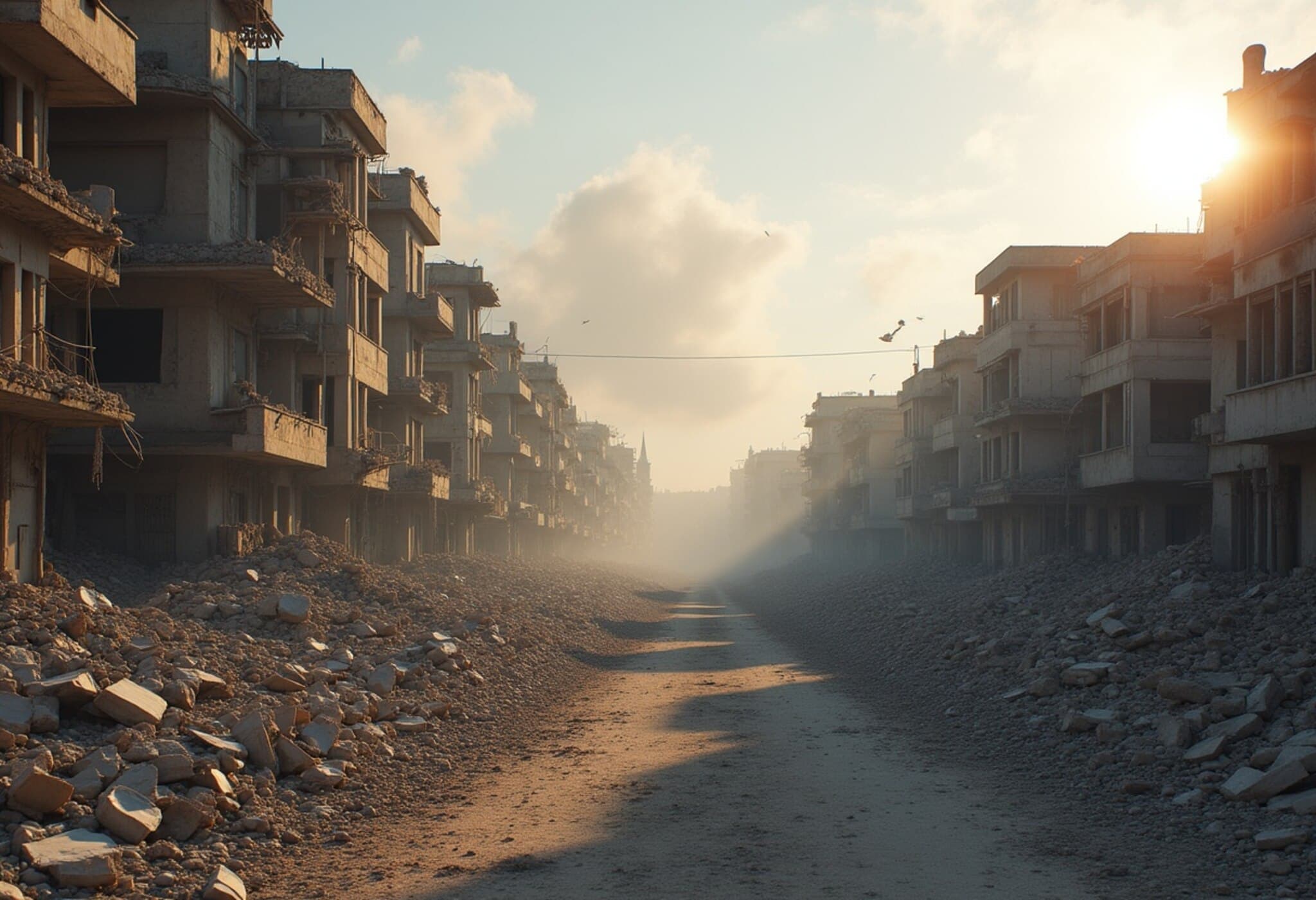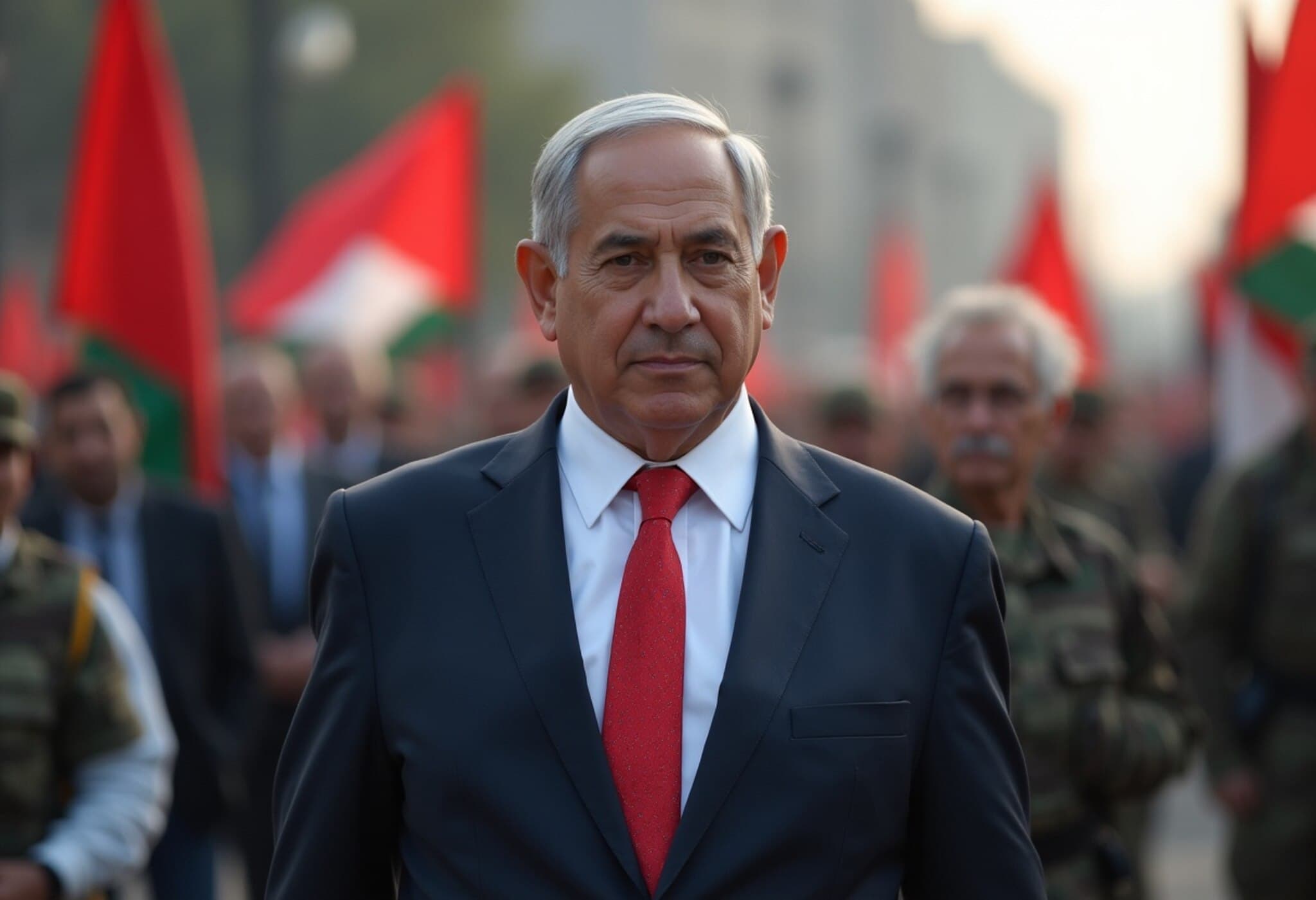Israel Approves Military Takeover of Gaza City
In a significant development early Friday morning, Israel’s Security Cabinet officially approved plans to take control of Gaza City, marking a pivotal escalation in the ongoing conflict. This decision, confirmed by the Prime Minister’s Office (PMO), signals a major shift in Israeli military operations targeting one of the last key Palestinian urban centers not yet under Israeli control.
Military and Humanitarian Balance
The PMO statement emphasized that the Israel Defense Forces (IDF) will undertake preparations to secure Gaza City while seeking to ensure humanitarian aid reaches civilians outside active combat zones. This cautionary approach reflects deep concerns about the wellbeing of the city’s residents amidst intensified military actions.
Despite these assurances, the upcoming offensive portends massive displacement. Tens of thousands of Palestinians still residing in Gaza City face expulsion as the IDF moves in, escalating a conflict that has already claimed tens of thousands of lives, predominantly civilians.
Political Nuance Behind the Takeover
Prime Minister Benjamin Netanyahu had earlier articulated his intention to take complete control of Gaza but stopped short of annexation. Instead, he proposed transferring governance to an Arab authority distinctly separate from both Hamas and the Palestinian Authority (PA), the latter being the internationally recognized de facto Palestinian government.
However, the Cabinet appears to have taken a more measured stance, declining to fully endorse Netanyahu’s expansive vision. A noteworthy voice of caution came from Israeli military chief Lieutenant General Eyal Zamir, who warned that a comprehensive occupation could jeopardize around 20 Israeli hostages still believed alive in Gaza.
Humanitarian Crisis Deepens Amid Intensifying Conflict
The decision to seize Gaza City coincides with mounting global condemnation over the severe humanitarian crisis unfolding in Gaza. Aid organizations have reported increased fatalities due to starvation and numerous deaths resulting from attacks on food distribution points — allegations fiercely denied by Israel but backed by harrowing videos from the United Nations.
According to the Associated Press, 42 Palestinians were killed in just the past 24 hours, highlighting the tragic human cost of the conflict’s escalation.
Netanyahu’s Contested Vision for Gaza’s Future
Netanyahu’s remarks sparked widespread outrage, indicating a complex and uncertain political future for Gaza. He stressed Israel’s security concerns as the rationale for the takeover: “We intend to take control of all of Gaza to ensure our security and remove Hamas. We do not wish to keep it but want to establish a secure perimeter and hand governance to Arab forces that will ensure stability and a decent life for Gazans without threatening Israel.”
This stance raises profound questions about who these “Arab forces” might be, as well as the practical challenges of establishing sustainable governance in a territory devastated by war and blockade.
Expert Insights and Broader Implications
- Military Strategy vs. Humanitarian Concerns: Experts caution that urban warfare in dense civilian areas like Gaza City risks catastrophic civilian casualties and infrastructure damage, potentially fueling further instability.
- Hostage Situation Complexity: The presence of Israeli hostages complicates the timing and tactics of any broad military offensive, echoing past conflicts where hostage rescue efforts impacted operational decisions.
- Regional Political Fragility: Netanyahu’s plan to delegate Gaza governance to an unspecified Arab entity points to the complex geopolitics of the region, raising questions about the legitimacy, acceptance, and capability of such a power amid ongoing Palestinian political fragmentation.
- International Humanitarian Law Concerns: The international community closely monitors these developments for compliance with laws protecting civilians, especially amid reports of attacks on aid convoys and blockades exacerbating famine.
What Lies Ahead?
The approval of Gaza City’s takeover represents both a critical tactical shift and a fraught juncture politically and humanitarian-wise. As military operations ramp up, the potential for deeper regional destabilization grows, alongside the urgent need for international diplomatic efforts to reconcile security objectives with human rights and aid imperatives.
Editor’s Note
This unfolding chapter in the Israeli-Palestinian conflict underscores the delicate balance between state security and humanitarian responsibility. As Gaza City braces for occupation, the world faces challenging questions: How can military advances avoid devastating civilian suffering? Which entities can realistically govern Gaza post-conflict? And what role will international actors play in steering a just, lasting resolution?
Our coverage will continue to analyze these dynamics with attention to both the human stories on the ground and the high-level policy decisions shaping this global flashpoint.

